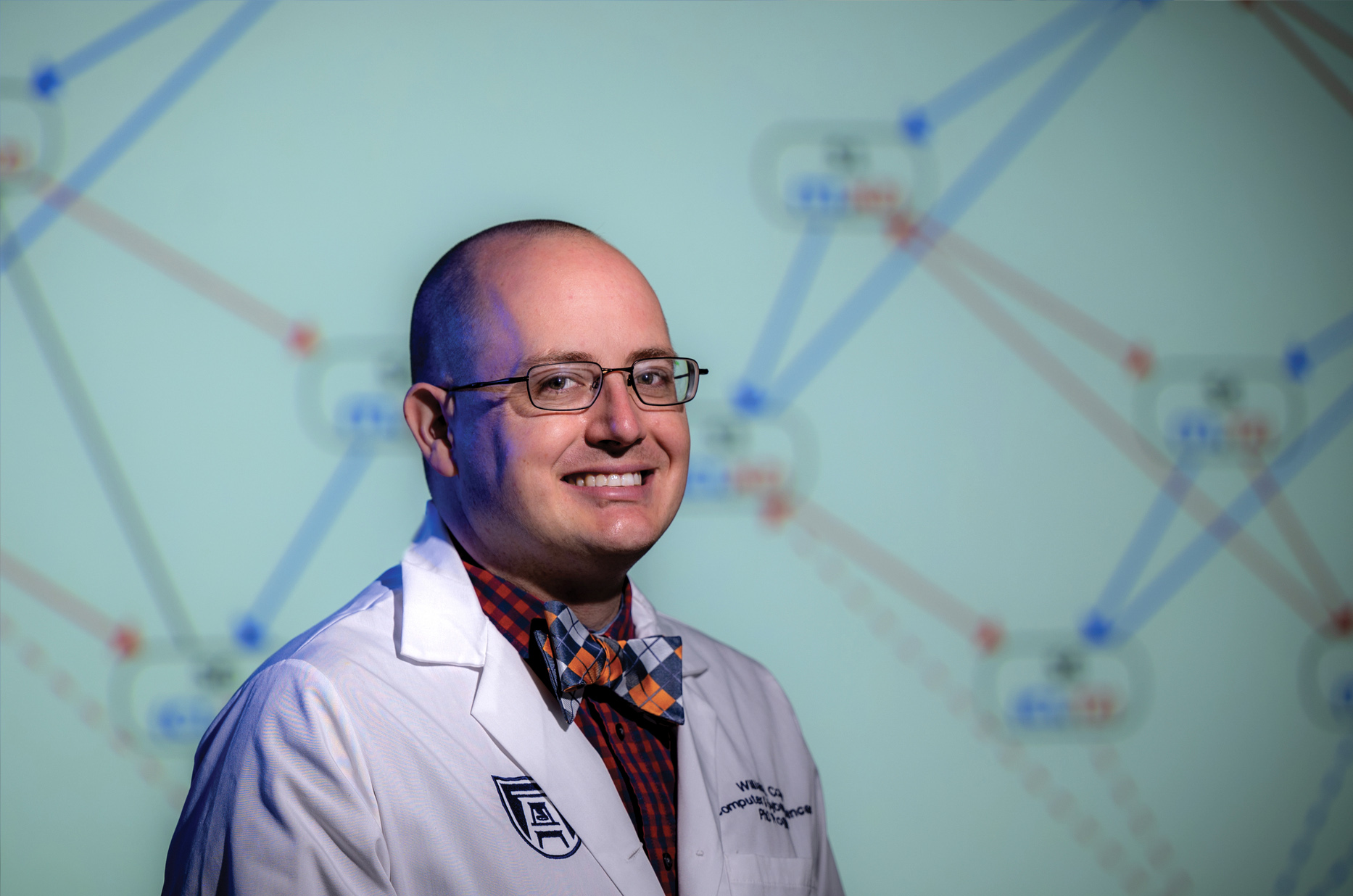Gursimran Walia, PhD
Program Director
gwalia@augusta.edu
Denise Coleman
Academic Program Coordinator
dcolem10@augusta.edu
Augusta University’s PhD program in Computer and Cyber Sciences will prepare students for top ranking positions in research-based companies, government agencies, and technology-based startup companies. This is accomplished through immersion in faculty research projects, satisfying qualifying and elective course requirements, successfully passing a comprehensive examination, engaging in productive dissertation research, and passing the dissertation defense.
Why a PhD?
With the rising need of technical expertise, employers are increasingly requiring
doctoral degrees in their minimum hiring requirements. Large companies frequently
start those with PhDs at higher-level positions and often reserve their top-level
positions for doctoral degree holders. A disproportionate number of employees in tech
titans like Google, Amazon, Apple, Microsoft, and Oracle have advanced degrees, including
doctorates. In particular, 16% of positions at Google require a doctoral degree. According
to the same source, about 10% of employees of tech disruptors companies, like Airbnb,
Facebook, Twitter, and Uber, hold doctoral degrees.
Applicants for this program are expected to have undergraduate degrees in computer science or related disciplines. This preparation gives students the necessary mathematical and computer science foundations needed for success. Typical applicants have GPAs over 3.0 and have earned top grades in most of their attempted computer science related courses.

"The CCS program has some great researchers who specialize in some fundamentals of computer and cyber sciences."